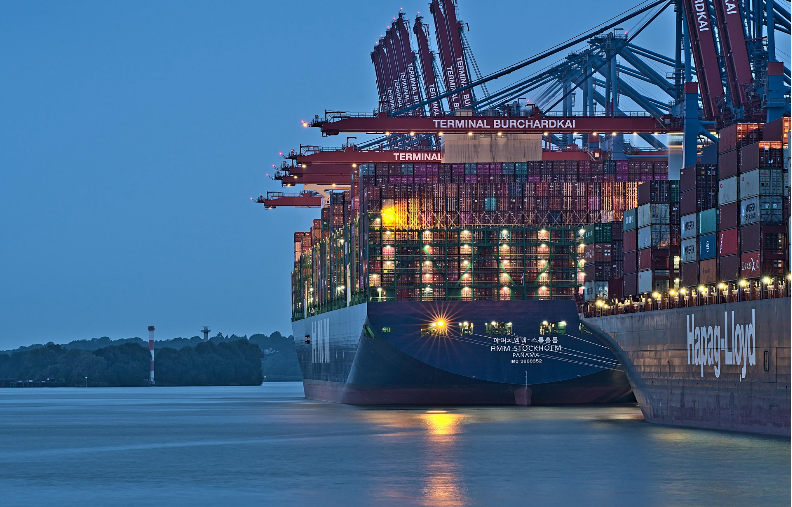Bangladesh’s efforts to meet rising energy demand have received a significant boost as the World Bank steps in with a financial facility to support the country’s liquefied natural gas (LNG) imports. According to recent reports, the World Bank approved a guarantee facility aimed at improving Bangladesh’s ability to purchase LNG from global suppliers. This support is timely, as the country continues to face gas shortages due to declining domestic production and growing industrial and household demand. The new guaranteed mechanism allows Bangladesh’s national gas company, Petrobangla, to secure LNG cargoes through revolving letters of credit (LCs), backed by the World Bank. This system ensures smoother transactions with suppliers and helps maintain a steady supply of LNG without the need for large upfront payments. Industry insiders say this facility is designed to lower procurement risks and give Petrobangla better access to LNG in competitive global markets. It also helps ease pressure on the country’s foreign currency reserves by offering more flexible payment terms. Bangladesh relies heavily on LNG to bridge the gap between supply and demand. Local production has steadily declined, while demand continues to grow from both industry and residential users. This has created urgency in securing stable, affordable LNG imports. The World Bank’s involvement improves the country’s credibility with global energy suppliers, encouraging them to continue deliveries even during challenging financial periods. The backing also opens doors for better pricing and contract terms, something that could ease the strain on government energy subsidies. Experts believe the move marks a strategic shift in energy financing, as it focuses on providing guarantees rather than direct funding. This approach allows Bangladesh to tap into commercial LNG markets more effectively while still benefitting from multilateral support. In addition to solving short-term supply issues, the facility lays the groundwork for more energy sector reforms, including better financial discipline, supply planning, and infrastructure improvements. The support is part of the World Bank’s broader strategy to help developing countries achieve energy resilience in the face of climate change and volatile fuel prices. For Bangladesh, the move enhances not just energy access but also long-term economic stability. With global LNG prices showing signs of volatility, this kind of financial backing is seen as vital. It allows Bangladesh to stay active in the global LNG market without overstretching its financial systems. In short, the World Bank’s initiative gives Bangladesh an important tool to secure energy in a changing global market boosting both energy security and economic confidence.
World Bank Supports Bangladesh’s LNG Purchases with New Financial Facility
49


